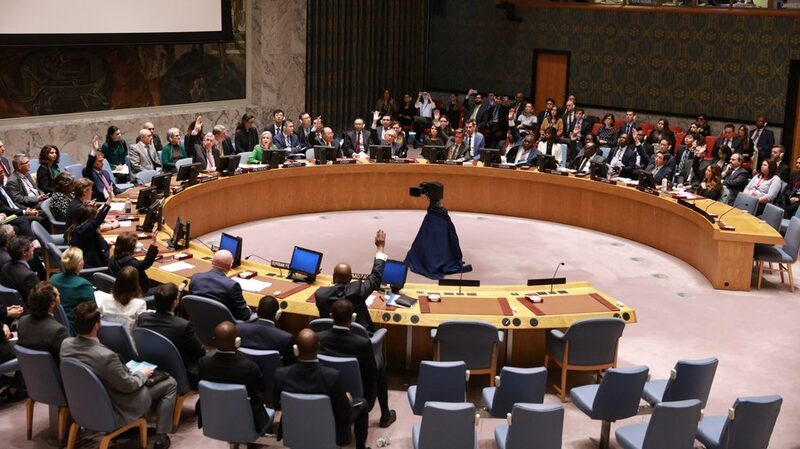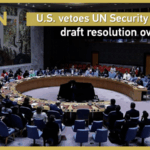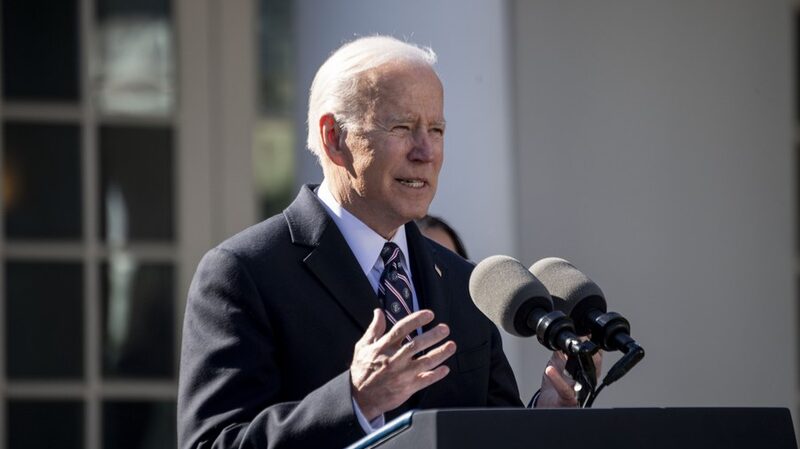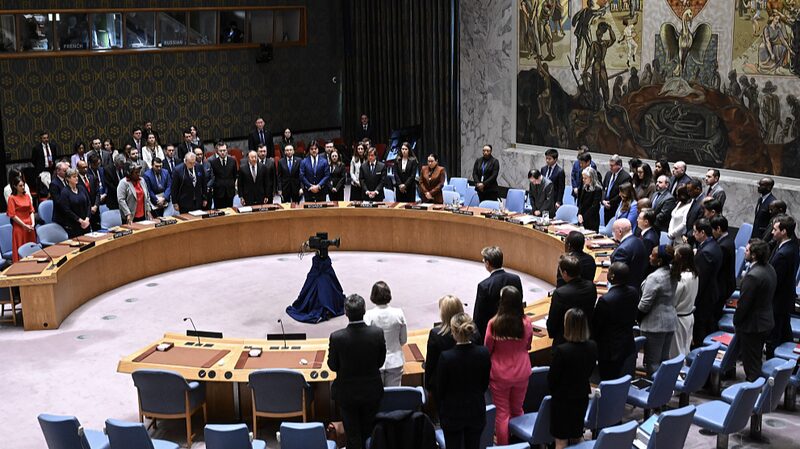U.S. foreign policy in the Middle East is under fire after a controversial UN Security Council veto and strained diplomatic ties. Critics argue America’s approach is fueling tensions rather than fostering peace. Let’s break it down. 🔍
Biden’s Diplomatic Snub & The Veto Heard ’Round the World
Arab states recently gave President Biden a frosty reception after his Israel visit—a symbolic “plot twist” in a region where U.S. clout is waning. Days later, the U.S. blocked a Brazil-led UN resolution calling for a Gaza ceasefire, sparking global outcry. 🌐⚖️
Why the Backlash?
The resolution aimed to halt escalating violence in Gaza, where civilians face daily peril. The U.S. claimed it ignored Israel’s “right to self-defense,” but experts say that argument doesn’t hold water. 🤔💬
A Flawed Playbook?
Analysts say America’s alignment with Israel’s hardline tactics risks alienating key allies and destabilizing the region further. With peace talks stalled, the question remains: Can U.S. diplomacy pivot—or is trust irreparably damaged? 📉🕊️
Reference(s):
Flawed U.S. foreign policy: A barrier to peace in the Middle East
cgtn.com






